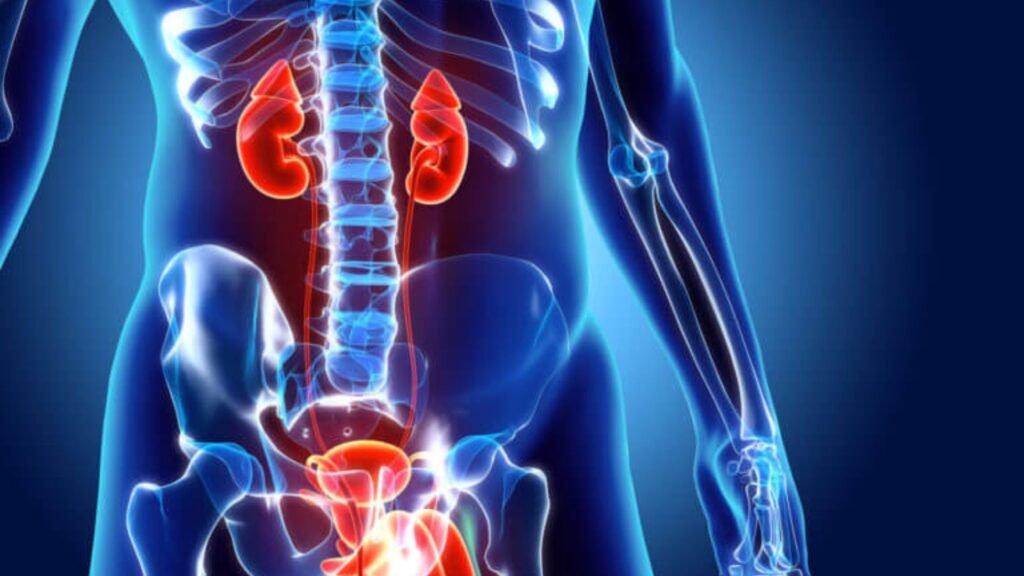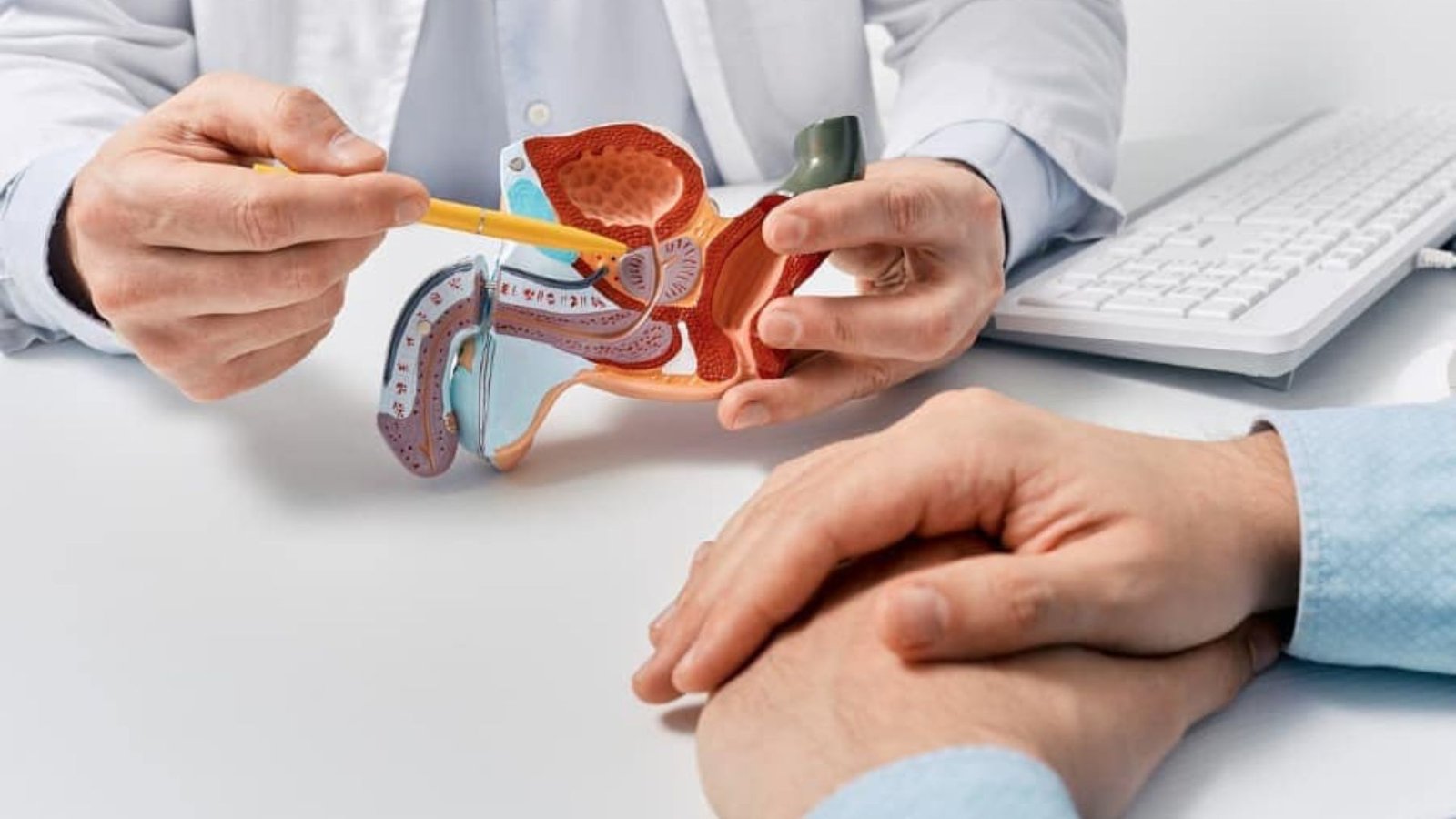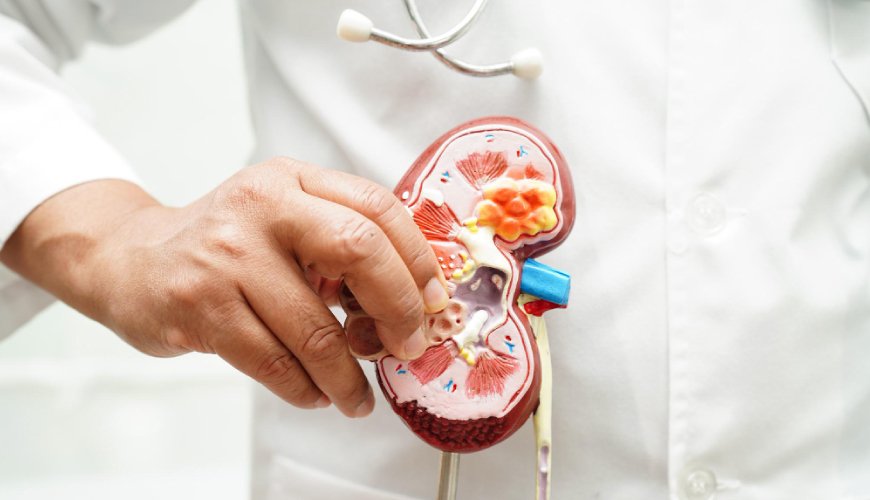Urology is a medical specialty that deals with the diagnosis and treatment of conditions related to the urinary tract and the male reproductive system. For men, urology plays a vital role in maintaining overall health and well-being, as many urological issues directly affect their quality of life. Understanding the connection between urology and men’s health is crucial for recognizing symptoms early and seeking timely care. In this article, we will explore the key ways in which urology is linked to men’s health, common conditions treated by urologists, and the importance of regular check-ups.

Understanding Urology and Its Role in Men’s Health
Urology focuses on conditions involving the kidneys, bladder, prostate, urethra, and male reproductive organs. It also addresses issues related to the urinary tract, which includes organs responsible for storing and excreting urine, as well as male reproductive functions such as sexual health and fertility. A urologist is specially trained to diagnose and treat these conditions, ensuring men maintain a healthy urinary system and reproductive organs.
Many health concerns, ranging from erectile dysfunction (ED) to prostate cancer, are closely linked to urology. Because these conditions can significantly affect a man’s quality of life, urology plays an essential role in managing and improving overall health for men.
Common Urological Conditions Affecting Men
Several urological issues are more prevalent among men, particularly as they age. Below are some of the most common conditions treated by urologists:
Erectile Dysfunction (ED)
Erectile dysfunction, characterized by the inability to achieve or maintain an erection sufficient for sexual intercourse, is one of the most common sexual health issues faced by men. ED can be caused by a variety of factors, including age, diabetes, high blood pressure, or psychological stress. Urologists are often the first specialists to assess and treat erectile dysfunction, offering treatment options such as medications, lifestyle changes, or surgery.
Prostate Disorders
The prostate is a small gland that plays a key role in male reproductive health. As men age, they may experience prostate-related issues, such as:
- Benign Prostatic Hyperplasia (BPH): An enlargement of the prostate that can lead to difficulty urinating, frequent urination, or urinary tract infections.
- Prostate Cancer: One of the most common cancers in men, prostate cancer can be detected early through regular screenings, such as a digital rectal exam (DRE) or prostate-specific antigen (PSA) blood test. A urologist plays a crucial role in diagnosing and treating prostate cancer, which may involve surgery, radiation therapy, or hormone therapy.
Urinary Tract Infections (UTIs)
While urinary tract infections (UTIs) are often associated with women, men can also experience UTIs, particularly older men or those with enlarged prostates. Symptoms include painful urination, blood in the urine, or frequent urges to urinate. UTIs can be treated with antibiotics, but recurring infections may require further evaluation by a urologist to identify underlying causes.
Kidney Stones
Kidney stones are hard deposits of minerals and salts that form in the kidneys. They can cause severe pain, blood in the urine, and difficulty urinating. Men are more likely to develop kidney stones than women, and urologists can provide treatment options such as pain management, hydration, or surgical procedures like lithotripsy to break up the stones.
Testicular Cancer
Testicular cancer is a relatively rare but serious condition that primarily affects younger men. Regular self-exams and urological check-ups can help detect abnormal growths or lumps in the testicles early, improving the chances of successful treatment. Urologists typically perform physical exams and, if needed, imaging tests to diagnose testicular cancer.
The Role of Urological Health in Men’s Quality of Life
Many urological conditions can impact a man’s quality of life, affecting physical health, emotional well-being, and social interactions. For example, erectile dysfunction can cause stress, anxiety, and a decrease in self-esteem, while prostate problems can disrupt daily activities due to frequent or painful urination.
Additionally, issues like kidney stones or UTIs may cause significant discomfort and interfere with work or personal life. Urologists help manage these conditions, providing treatment options and offering guidance on lifestyle changes to improve overall health.
Conclusion
Urology plays an essential role in men’s health, addressing a wide range of conditions that affect the urinary and reproductive systems. From erectile dysfunction to prostate disorders and kidney stones, the urologist helps men manage these issues and improve their quality of life. Regular urological check-ups are crucial for early detection and effective treatment of many conditions, especially those that may not present obvious symptoms. By maintaining a healthy lifestyle and seeking timely care, men can protect their urological health and overall well-being.










